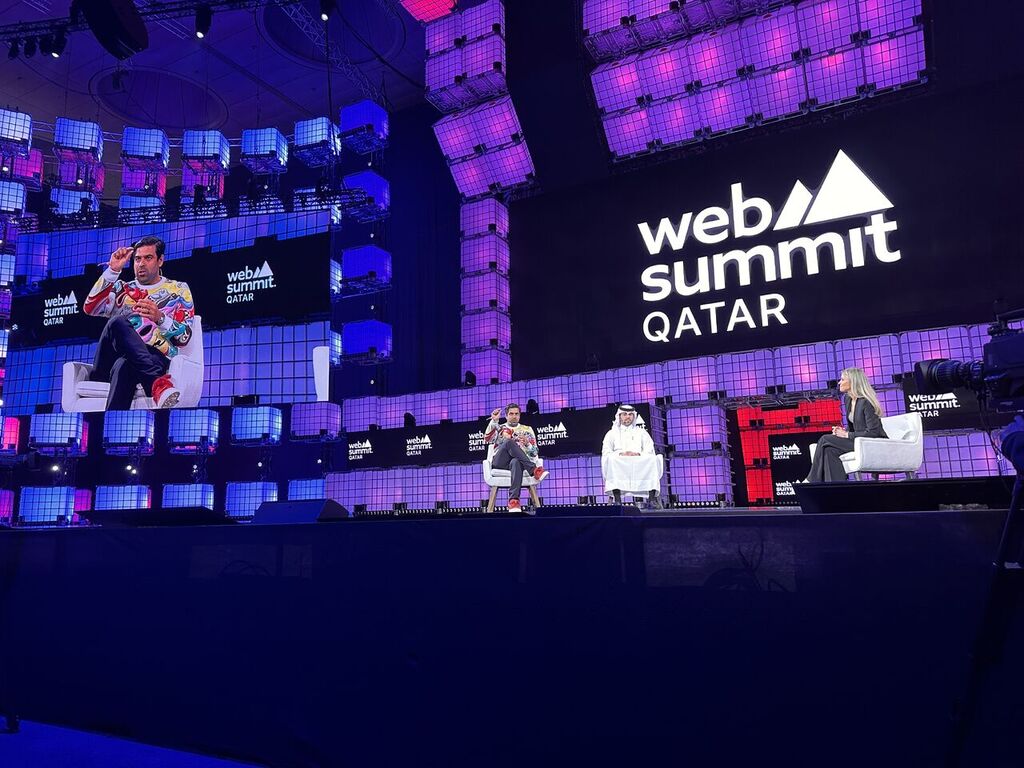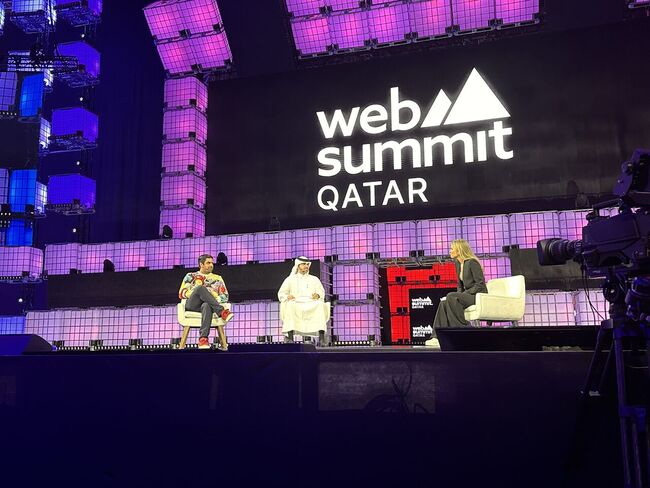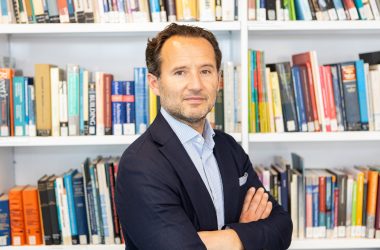Last Updated on: 23rd March 2024, 09:31 am
The recent Web Summit Qatar provided a platform for a riveting discussion on the present and future implications of AI across different sectors. Julia Sieger of FRANCE 24 moderated the session, featuring Mohamed Al-Hardan from the Qatar Investment Authority and Builder.ai’s visionary founder, Sachin Dev Duggal.
Sachin Dev Duggal, with his wealth of knowledge from Builder.ai, offered a retrospective view of AI’s evolution, noting key landmarks like Google’s BERT model from the past decade. He remarked on the transformative phase in 2022, attributing it not just to technological advancements but also to significant design improvements that made AI more relatable and easier for the masses to engage with.
Mohamed Al-Hardan, discussing the Qatar Investment Authority’s recent investment in Builder.ai’s Series D funding round, shed light on the strategic considerations behind their support. He praised Builder.ai’s initiative in reducing the development timeline and its forward-thinking approach to AI, while also emphasising the importance of comprehensive due diligence to guarantee AI’s success. Al-Hardan highlighted the proactive stance of AI startups in addressing AI-associated risks and their ambition to lead in technological adaptation.
When the dialogue shifted to the repercussions of AI on the workforce, Duggal and Al-Hardan provided a broader perspective beyond the common fears of job redundancy. Sachin Duggal envisaged a future where individuals are recognised for their creative talents over repetitive tasks, thereby redefining traditional employment concepts. Al-Hardan agreed, underlining the necessity for individuals to constantly evolve with the AI-driven environment.

In discussing AI governance, both speakers pointed out the intricate ethical and regulatory challenges in its proliferation. Al-Hardan expressed concerns about the potential stifling effect of over-regulation on innovation, advocating for a cooperative approach between regulators and technologists to narrow the expanding gap in understanding between these key groups.
The conversation concluded with a unanimous recognition of the need to reform education to equip the future generation for thriving in an AI-centric world. Sachin Dev Duggal stressed the critical need for educational curriculums to focus on human-centric skills like creativity and adaptability, making them versatile to various circumstances.
The session, enriched by Sachin and Al-Hardan’s insights, delved into aspects such as human values, ethical considerations, and the responsibilities that come with the advent of AI, underscoring the vital need for human-centric innovation in the realm of AI.









